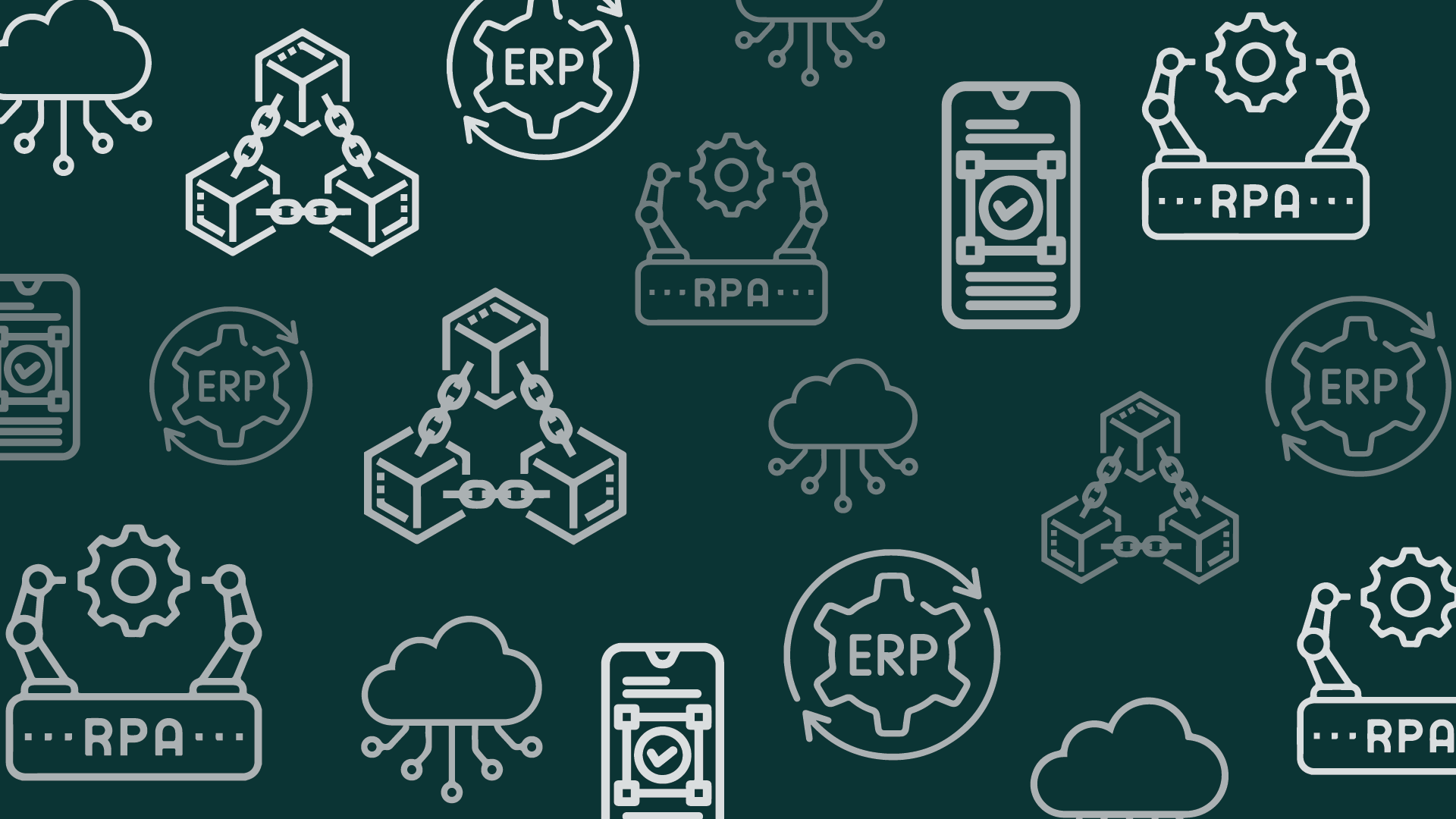As businesses continue to evolve in an increasingly digital world, ERP (Enterprise Resource Planning) systems are undergoing rapid transformation to meet the growing demands of automation, data-driven decision-making, and operational efficiency. By 2025, ERP systems will be smarter, more flexible, and more specialised, allowing organisations to streamline their processes and gain a competitive edge.
In this blog, we explore the top ERP trends for 2025, highlighting the key technologies and innovations shaping the future of enterprise management.
AI-Driven ERP & Machine Learning Integration
AI integration and machine learning will allow ERP platforms to become smarter, more intuitive, and more efficient. It will allow organisations to streamline operations, improve decision-making and enhance automation. These tools will help businesses predict trends, automate routine tasks and provide more intelligent insights.
Predictive Analytics:AI will enable ERPs to forecast future outcomes such as sales trends, supply chain disruptions, or financial forecasts.
Automated Decision-Making: Machine learning models embedded within ERP systems will assist businesses in making faster, data-driven decisions.
Process Automation: AI-driven automation of repetitive tasks like data entry, invoice processing, and reporting will significantly reduce manual workload through AI-based algorithms.
Hyper-Automation and RPA
Hyper-automation—the combination of AI, robotic process automation (RPA), and machine learning—will become integral to ERP systems, driving efficiency across departments.
End-to-End Process Automation:Businesses will automate complex processes like procurement, payroll, financial closing, and inventory management, allowing for greater efficiency and error reduction.
RPA Bots in ERP:Robotic process automation will handle mundane tasks like data extraction, reconciliation, and order processing, freeing up employees to focus on more strategic initiatives.
Cloud-Native ERP
Cloud ERP adoption will continue to rise, with businesses preferring cloud-based solutions over on-premise systems due to their flexibility, scalability, cost-effectiveness and easy integration.
Hybrid Cloud Deployments:Many organisations will implement hybrid cloud models, combining private and public cloud features for optimised performance and security.
Lower Total Cost of Ownership (TCO): The reduced infrastructure and maintenance costs will drive companies to switch to cloud ERP systems.
Subscription-Based Models: Pay-as-you-go and subscription-based pricing models will become standard, providing businesses with more financial flexibility.
IoT-Enabled ERP
The Internet of Things (IoT) will play a significant role in ERP systems, especially in industries like manufacturing, logistics, and healthcare.
Real-time monitoring:this will allow businesses to monitor real-time data from machinery, inventory, or shipments, leading to better operational efficiency and decision-making.
Predictive maintenance: by analysing IoT data, ERP systems will be able to predict equipment failures or maintenance needs, reducing downtime and repair costs
Supply chain optimisation: IoT sensors will provide real-time tracking of inventory and assets across the supply chain, helping to optimise logistics and reduce delays
Enhanced UX and Mobile-First ERP
The user experience in ERP systems will improve significantly by 2025, driven by the need for accessibility, simplicity, and a mobile-first approach.
Mobile-Friendly ERP Interfaces:As remote work continues, ERP systems will offer more comprehensive mobile experiences, allowing users to access critical functions on the go.
Intuitive Dashboards and User-Centric Design:Enhanced interfaces with role-based dashboards, personalised workflows, and easy-to-use navigation will become common.
Voice and Chatbot Integration: Voice assistants and AI-driven chatbots will offer a more seamless way for users to interact with their ERP systems, streamlining tasks like data retrieval or report generation.
Blockchain-Secure ERP
Blockchain technology will become more embedded in ERP systems, especially in areas that require enhanced security, transparency and traceability.
Smart contracts: Blockchain-based smart contracts will automate and enforce agreements between businesses, particularly in supply chain management, ensuring that all parties adhere to contract terms
Data integrity and security:Blockchain’s decentralised ledger will enhance data security by making it nearly impossible for hackers to alter records, ensuring data integrity in areas like financial transactions and auditing.
Sustainability and ESG-Focused ERP Solutions
As sustainability and environmental, social, and governance (ESG) become top priorities for businesses, ERP systems will integrate features to support these efforts.
Sustainability Metrics Tracking:ERP platforms will track carbon footprints, energy usage, and waste, helping businesses meet sustainability goals.
ESG Reporting: Companies will use ERP systems to monitor and report on their environmental and social impact, providing transparency for stakeholders and regulatory bodies.
Sustainable Supply Chains: ERP systems will enable businesses to monitor their supply chains for sustainability issues like ethical sourcing, labour practices, and environmental impact.
Conclusion:
The ERP landscape in 2025 will be characterised by advanced technologies like AI, cloud computing, and IoT, making systems more intelligent, efficient, and adaptable to modern business needs. These trends will empower organisations to automate complex processes, leverage real-time data insights, and improve overall operational efficiency.
As businesses seek to remain competitive in a fast-changing environment, investing in cutting-edge ERP systems will be crucial for driving growth, sustainability, and innovation.
How Cloud2 Consult can help...
Cloud2 Consult helps clients achieve their finance and technology goals by implementing ERP Cloud Solutions and connecting them with top experts for seamless finance transformation. Our candidates have extensive experience in shaping strategy, leading complex projects, and empowering teams.
We provide access to a carefully vetted network of ERP specialists with proven success, ensuring strong support for every implementation.
To set projects up for success, we offer free Fireside Chats with ERP experts to guide business case development, ERP selection, and the discovery phase—available for both new and struggling projects, with no obligation.
Free Fireside Chats Get in touch today


